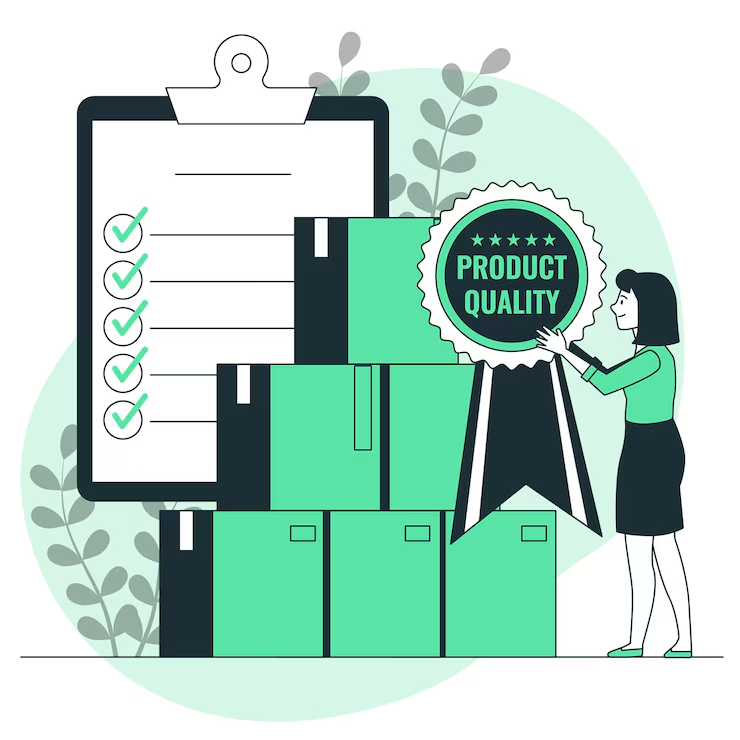Introduction to Cloud CRM Solutions
Customer Relationship Management (CRM) solutions have become indispensable tools for businesses aiming to streamline their operations and enhance customer interactions. Traditionally, CRM systems were hosted on-premise, requiring substantial investments in hardware, software, and ongoing maintenance. However, with the advent of cloud technology, Cloud CRM solutions have emerged as a more efficient alternative, particularly for small businesses.
Cloud CRM solutions are hosted on remote servers and accessed via the internet, eliminating the need for on-site infrastructure. This fundamental shift brings a multitude of advantages. At its core, a CRM system offers functionalities such as contact management, sales management, and customer support. These features enable businesses to keep track of customer interactions, manage sales pipelines, and provide timely support, all of which are critical for maintaining customer satisfaction and driving business growth.
One of the key benefits of cloud-based CRMs is scalability. Unlike traditional on-premise systems that require significant upgrades to accommodate growth, cloud CRMs can effortlessly scale up or down based on the business’s needs. This flexibility is particularly beneficial for small businesses that may experience fluctuating demands.
Cost-effectiveness is another major advantage. Cloud CRM solutions typically operate on a subscription model, allowing businesses to pay only for what they use. This model significantly reduces the initial investment and ongoing maintenance costs associated with on-premise systems. Moreover, updates and improvements to cloud CRM platforms are managed by the service provider, ensuring that the system remains up-to-date without additional costs or effort.
Accessibility is crucial in today’s fast-paced business environment. Cloud CRM solutions can be accessed from anywhere with an internet connection, enabling employees to manage customer relationships and sales on the go. This level of accessibility not only enhances productivity but also ensures that teams can collaborate more effectively, regardless of their physical location.
Given these benefits, it is evident why small businesses should consider adopting cloud CRM solutions. They offer a cost-effective, scalable, and accessible means of managing customer relationships, making them an ideal choice for businesses looking to enhance their operational efficiency and customer satisfaction.
Key Features of Cloud CRM Solutions
Cloud CRM solutions offer a plethora of features designed to enhance the efficiency and effectiveness of small businesses. One of the most significant features is automated workflows. These workflows enable businesses to automate repetitive tasks such as follow-up emails, customer segmentation, and lead scoring. By automating these processes, small businesses can save time and reduce human error, allowing their teams to focus on high-impact activities that drive growth.
Data analytics and reporting are other crucial aspects of cloud CRM solutions. These tools provide small businesses with insights into customer behavior, sales trends, and campaign performance. By leveraging these insights, businesses can make data-driven decisions that improve customer relationships and boost sales. For instance, by identifying patterns in customer interactions, businesses can tailor their marketing strategies to better meet customer needs, ultimately enhancing customer satisfaction and loyalty.
Another notable feature is mobile accessibility. In today’s fast-paced business environment, being able to access CRM data on the go is invaluable. Cloud CRM solutions typically offer mobile apps or mobile-optimized platforms, enabling business owners and employees to manage customer relationships from anywhere, at any time. This flexibility is particularly beneficial for small businesses with remote teams or field-based employees.
Integration capabilities with other business tools are also essential. Cloud CRM solutions can seamlessly integrate with various business applications such as email marketing platforms, accounting software, and e-commerce systems. This integration facilitates a unified view of customer interactions across different touchpoints, streamlining operations and enhancing the overall customer experience.
Robust data security measures are crucial for protecting sensitive customer information. Cloud CRM providers implement advanced security protocols, including encryption, multi-factor authentication, and regular security audits. These measures ensure that small businesses can trust their CRM systems to safeguard their data, fostering customer trust and compliance with data protection regulations.
To illustrate, consider the case of a small retail business that adopted a cloud CRM solution. By utilizing automated workflows, the business was able to efficiently manage customer inquiries and follow-ups, resulting in a 20% increase in customer satisfaction. Additionally, the data analytics feature helped them identify high-performing products, allowing for better inventory management and targeted marketing campaigns. The mobile accessibility enabled their sales team to update customer records in real time, improving the accuracy of their CRM data.
Choosing the Right Cloud CRM for Your Small Business
Choosing the right cloud CRM for your small business is a critical decision that can significantly impact your operational efficiency and customer relationships. The first step in this process is to clearly identify your business requirements. Assess your current workflows, customer interaction points, and data management needs. Determine which features are non-negotiable and which ones are desirable but not essential. This foundational understanding will guide you in filtering out inappropriate options early in the search.
Next, evaluate different CRM providers. Look for companies that specialize in small business solutions, as they are more likely to offer features and pricing structures tailored to your needs. It’s crucial to consider the scalability of the CRM solution, ensuring it can grow with your business. Popular CRM providers for small businesses include Salesforce, HubSpot, and Zoho CRM. Each offers unique features, such as Salesforce’s extensive customization capabilities, HubSpot’s integrated marketing tools, and Zoho CRM’s affordability and ease of use.
Budget constraints are another vital factor. While some cloud CRMs offer free basic plans, paid versions often come with advanced features and better support. Compare the pricing models of different providers, keeping in mind any additional costs for add-ons or extra users. For instance, HubSpot offers a free plan with essential features, while Salesforce requires a subscription even for its basic services.
User-friendliness is paramount, especially for small businesses that may not have dedicated IT staff. Opt for a CRM with an intuitive interface and straightforward navigation. Many providers offer trial periods or demo versions, allowing you to test their software before making a commitment. Pay attention to how easily you can perform everyday tasks like data entry, report generation, and customer communication.
Lastly, assess the customer support and training services offered by the CRM provider. Reliable customer support can be a lifesaver when you encounter issues or need assistance. Training resources, such as tutorials, webinars, and documentation, can help your team get up to speed quickly. User reviews and ratings can provide additional insights into the quality of support and overall user experience.
In conclusion, selecting the right cloud CRM involves thorough research and careful consideration of your business needs, budget, and available features. By following these steps, you can find a CRM solution that will enhance your business operations and customer relationships.
Implementing and Maximizing Your Cloud CRM Investment
Once a small business has selected a cloud CRM solution, the implementation phase is crucial to ensure a seamless transition and immediate benefits. Begin by planning a structured data migration process. This involves cleaning and organizing existing data to avoid transferring redundant or erroneous information. It’s advisable to create backups and test the migration process in a controlled environment to troubleshoot any issues before going live.
Next, focus on user training. Comprehensive training sessions are essential for all employees who will interact with the CRM system. Tailor the training to different user roles to ensure everyone understands how to utilize the CRM’s features pertinent to their responsibilities. Continuous training sessions should be scheduled to keep staff updated on new features and best practices.
Setting up workflows within the CRM is another significant step. Workflows streamline business processes by automating repetitive tasks, thus improving efficiency. Customize workflows to align with your business operations. For instance, automate follow-up emails or lead assignments to ensure no opportunity is missed.
To maximize the return on investment (ROI) from your cloud CRM, it is vital to leverage the system’s analytics capabilities. CRM analytics provide valuable insights into customer behaviors, sales trends, and overall business performance. Use these insights to make informed strategic decisions, tailor marketing campaigns, and improve customer service.
Maintaining data hygiene is equally important. Regularly update and cleanse your CRM data to ensure its accuracy and reliability. This can be achieved through periodic audits and automated data validation processes. Clean data enhances the effectiveness of CRM analytics and decision-making.
Lastly, fostering a culture of continuous improvement is key. Encourage employees to provide feedback on the CRM system and suggest enhancements. Regularly review and update your CRM processes to adapt to evolving business needs and technological advancements. By implementing these strategies, small businesses can fully harness the power of their cloud CRM solution, ensuring it remains a valuable asset in driving growth and efficiency.





